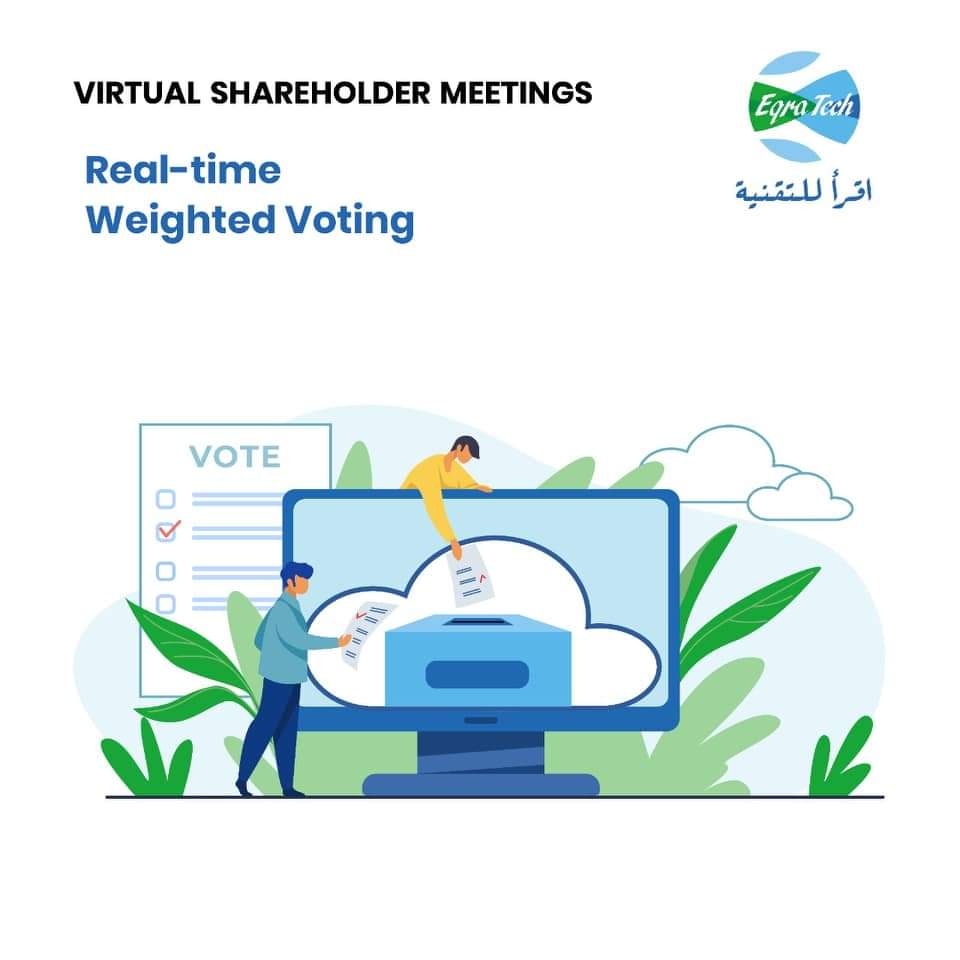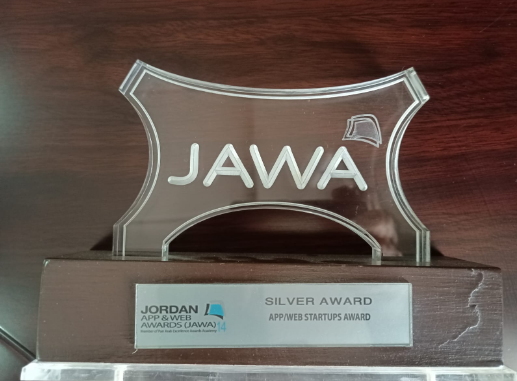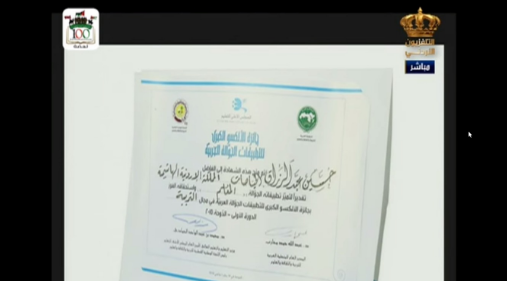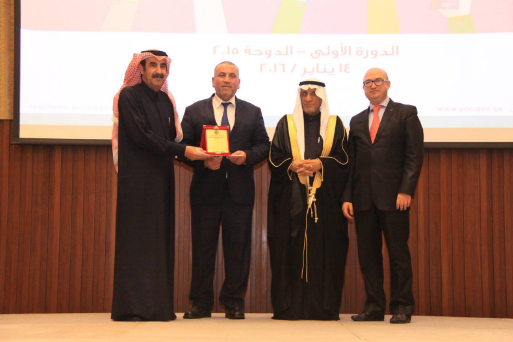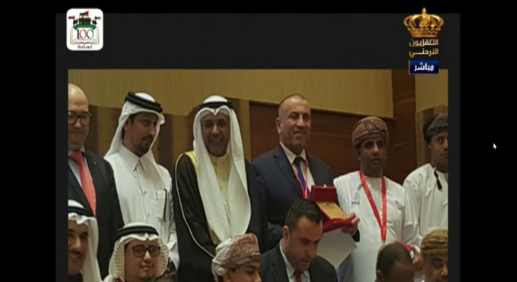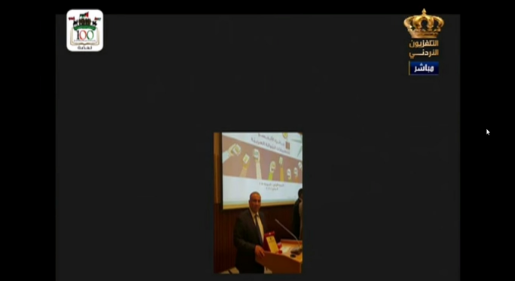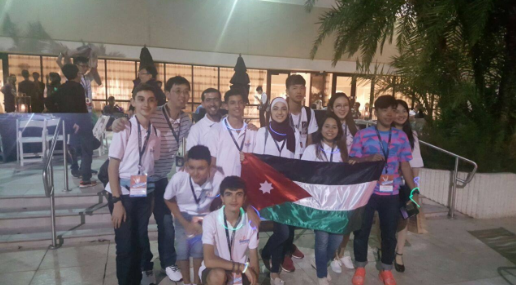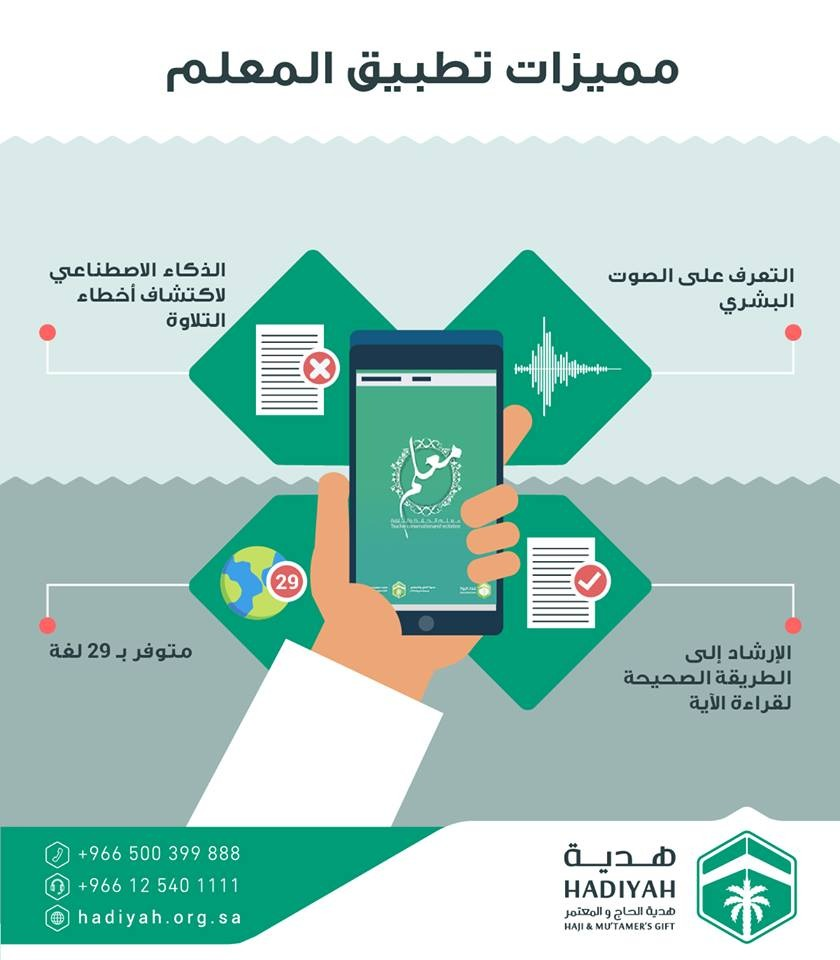EqraTech meeting VEMS
VEMS, which stands for “Virtual Event Management System,” is a technological platform designed to facilitate the organization and management of online events such as seminars, conferences, workshops, and educational sessions. It provides a range of tools and features to efficiently organize events, including scheduling, sending invitations, registering attendees, managing sessions, and engaging with participants through live chat, polls, and social media integration.
VEMS serves as a crucial solution in the digital age, enabling organizers to host online events effectively and systematically, thus saving time, effort, and resources.

VEMS Serves
VEMS serves as a crucial solution in the digital age, enabling organizers to host online events effectively and systematically, thus saving time, effort, and resources.
Very Secure and Safe
Security is a paramount concern for VEMS, as it deals with sensitive information and facilitates communication among participants in virtual events. To ensure the safety and privacy of users, VEMS employs robust security measures, including encryption protocols to protect data transmission, secure user authentication mechanisms to prevent unauthorized access, and regular security audits to identify and address potential vulnerabilities. Additionally, VEMS implements strict privacy policies and compliance standards to safeguard personal information and adhere to relevant regulations such as GDPR (General Data Protection Regulation). By prioritizing security, VEMS aims to provide a trustworthy and secure platform for hosting virtual events, instilling confidence in organizers and participants alike.
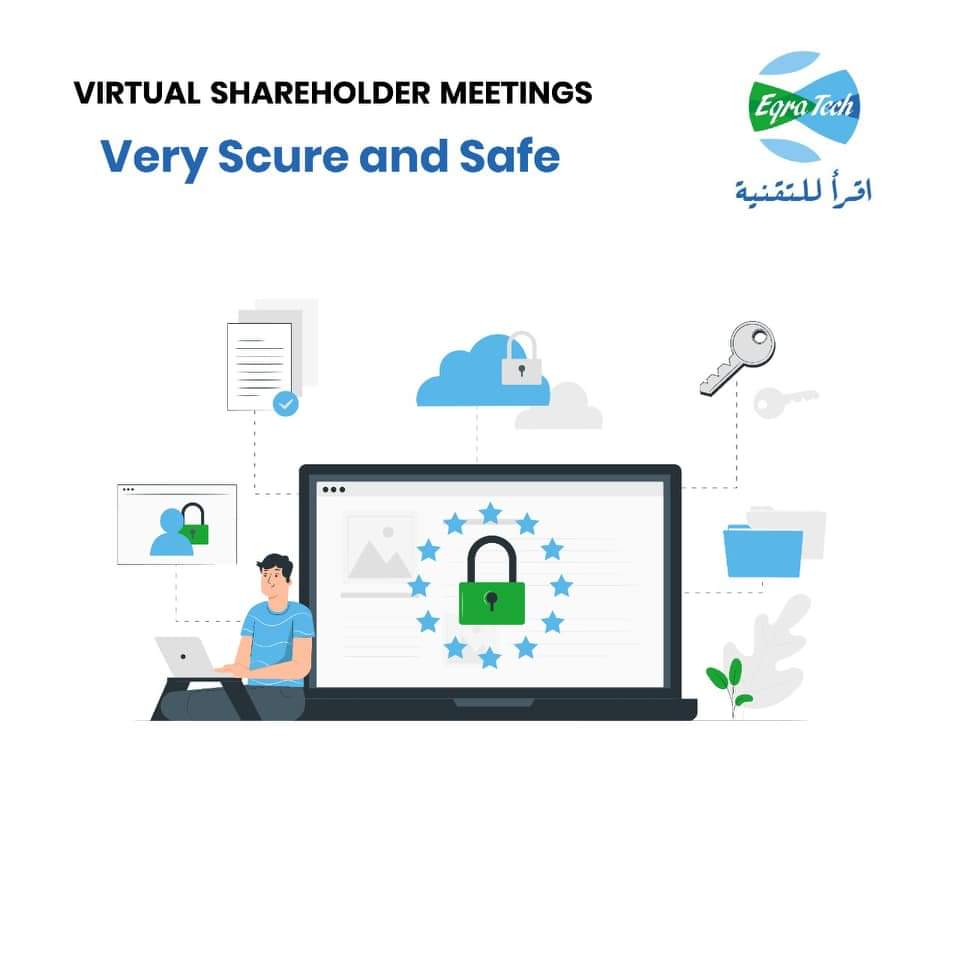
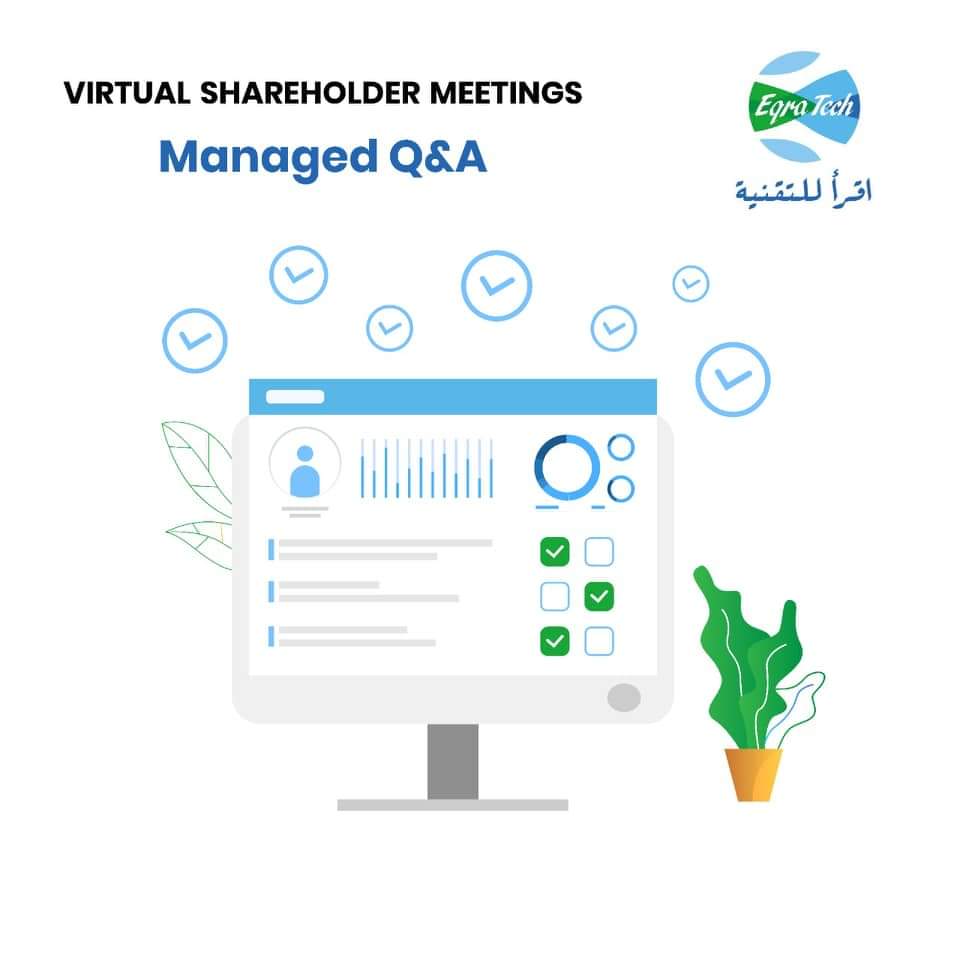
Managed Q&A
is a structured session in events where attendees ask questions, moderated by a host, to presenters or panelists. It promotes interaction, ensures focused discussions, and allows participants to gain insights directly from speakers.
Real-time weighted voting
is a method where participants’ votes are assigned different weights based on factors like expertise. It allows for more nuanced decision-making by giving more influence to those with greater knowledge or authority.
